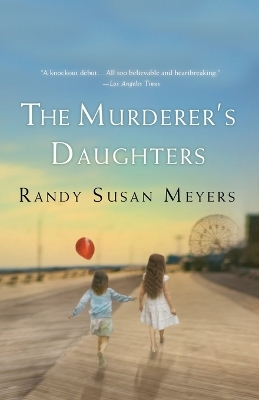Reviewed by ibeforem on
What follows is the never-ending aftermath of such a horrific event. Do I believe that the girls’ family could essentially abandoned them? Yes. Not everyone reacts gracefully after a tragedy. Do I believe that Merry could continue to visit her father year after year after year, despite carrying the physical evidence of what he did to her? Yes. You can see every bit of manipulation, even if she can’t. Do I believe that Lulu could really stick her head in the sand and just pretend none of it ever happened? Yes. The guilt of being the survivor, the “one who got away”, is strong. Especially for an older sister who was already treated as a surrogate mother. Especially for the one who opened the door.
It’s not a perfect book. There’s a lot of criticism that it’s repetitive, with Lulu and Merry revisiting the same situations and arguments over and over again. But I think that’s part of the strength of the story, showing that those things don’t just go away. You can’t just grow out of it. You can’t party it away. You can’t just ignore it and move past it. You eventually have to embrace it and hope to turn it into something positive, or at least, something you can live with.
When there’s a report of a terrible crime or event, I think a lot about those who are left behind. Not just the survivors of the dead, but the ones who are injured. Those wounds, mental and physical, never completely go away. I think this book is a good illustration of that. No matter how much you want to yell at them “Just get over it already! Move on with your life!”, it’s not that easy. That pain is deep, and it may never go away.
Reading updates
- Started reading
- 3 August, 2016: Finished reading
- 3 August, 2016: Reviewed
